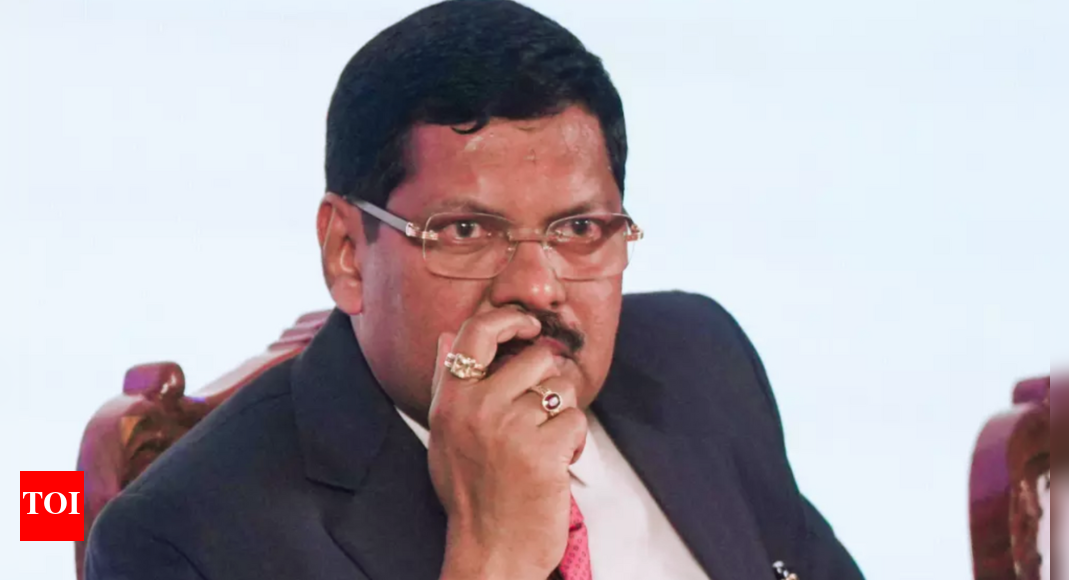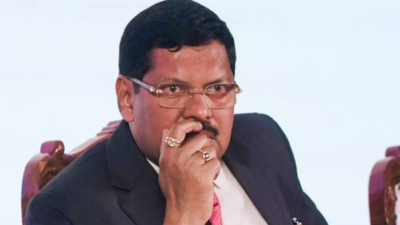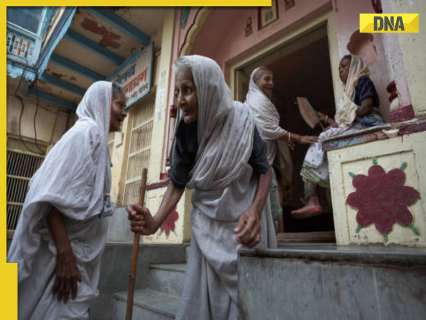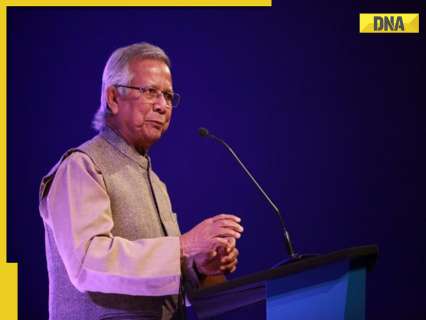Now Reading: Ex-judges in post-retirement jobs or poll fray hit public trust: CJI
-
01
Ex-judges in post-retirement jobs or poll fray hit public trust: CJI
Ex-judges in post-retirement jobs or poll fray hit public trust: CJI


NEW DELHI: Taking a swipe at judges who resign to contest polls, as Calcutta HC’s Justice Abhijit Ganguly did last year, or take up govt posts after retirement, CJI B R Gavai said such decisions raised “significant ethical concerns” and could undermine public trust in judiciary’s integrity.Delivering a lecture at a round table organised by the UK Supreme Court Tuesday, CJI Gavai said, “If a judge takes up another appointment with the govt immediately after retirement, or resigns from the bench to contest elections, it raises significant ethical concerns and invites public scrutiny.“A judge contesting an election for a political office can lead to doubts regarding the independence and impartiality of the judiciary, as it may be seen as a conflict of interest or as an attempt to gain favour with the govt.”
Poll
Should judges be allowed to contest elections after resigning?
He said, “The timing of post-retirement engagements could undermine public’s trust in judiciary’s integrity, as it could create a perception that judicial decisions were influenced by the prospect of future govt appointments or political involvement.”Flagging this tradition of judges accepting post-retirement assignments from govt, which is as old as the institution, Justice Gavai said, “In light of this, many of my colleagues and I have pledged not to accept any post-retirement roles from the govt.
This commitment is an effort to preserve credibility and independence of the judiciary.”The first SC judge to accept governorship was Justice S Fazl Ali, whose appointment as Orrisa governor was announced by the Nehru govt in 1952 when he was still a judge of the Supreme Court. Justice Ganguly’s plunge into politics immediately after resigning from Calcutta HC and contesting elections on a BJP ticket was dramatic as he had judicially castigated TMC govt in many cases.























